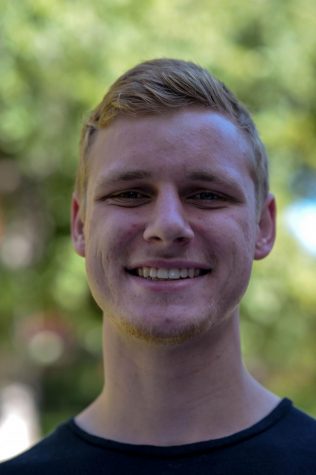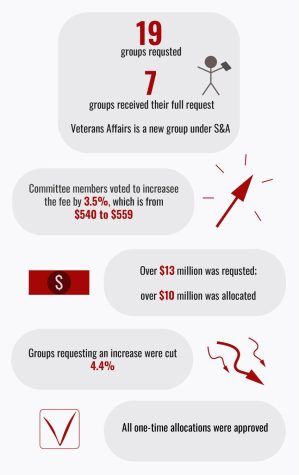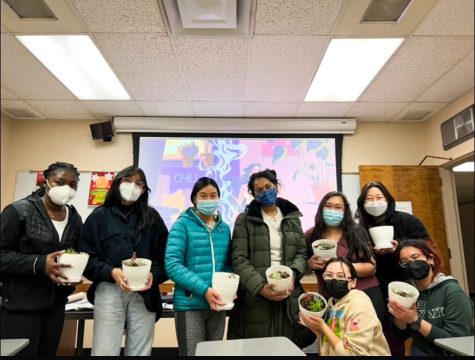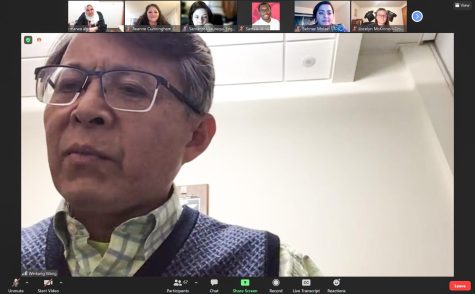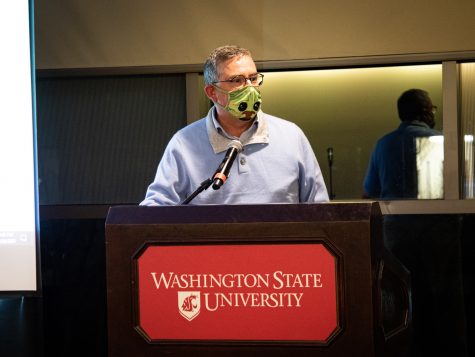‘US health care is like a foreign language’
WSU leaders addressed lack of affordable health care for students; rural location limits possibilities for treatment
Cody Tornow, WSU’s lead international student adviser, said his family struggled to make ends meet at times. While in college, he broke his arm and resorted to getting X-rays from a veterinary clinic to save money.
February 23, 2021
Leaders from multiple WSU departments spoke on students’ issues accessing affordable health care during the GPSA Senate meeting Monday evening.
Cody Tornow, WSU’s lead international student adviser, said the price of health care is a challenge for people around the U.S. and can be a surprise to many international students. Pullman’s rural location makes access to affordable health care even more difficult.
Emergencies are going to happen, said Kate Hellmann, director of WSU’s International Student and Scholar Services. Students must plan for the event of an emergency.
Consider what constitutes an emergency and plan ahead, she said. The emergency room is typically the most expensive route for treatment.
“U.S. health care is like a foreign language,” Hellmann said.
Growing up in a rural family, Tornow said his family struggled to make ends meet at times. While in college, he broke his arm and resorted to getting X-rays from a veterinary clinic to save money.
“It’s absolutely expensive,” he said.
While on a trip to South Korea, Tornow was shocked after receiving a medical bill amounting to “pocket change.” Like many international students, the price of health care blindsided him.
“This is a systemic issue,” he said.
Medical expenses add up quickly, but there are ways students can preemptively tackle these costs, he said.
“If you’re referred to a higher level,” Tornow said, “that [care] is going to be covered at a different rate by your insurance than if you are not referred.”
When a person can visit their primary care provider to obtain a referral before seeking a higher level of care, the treatment cost will be substantially less, Tornow said. In certain situations, he has even advised international students to return home for health care because of the price in the U.S.
When someone sustains a traumatic injury, a local health care provider will stabilize the individual before being transported to a region-one facility in Seattle, Tornow said.
If injuries are not severe enough to take the person to a region-one facility, he said they are transported to a regional facility either in Spokane or Boise, Idaho. If injuries do not constitute a need to be transported to a regional facility, they will receive care from a rural or local health care provider.
“If you just walk in,” Tornow said, “[insurance companies] are not going to cover that.”
Joel Schwartzkopf, executive director of Cougar Health Services, said CHS is a campus resource available to provide affordable local care to the WSU community.
People can schedule appointments with CHS regarding X-rays, blood tests and counseling services, he said.
Ellen Taylor, WSU associate vice president of student engagement, said increasing psychological and counseling services are among the university’s top priorities.
CHS recently received permission to fill all open positions and look at returning to some form of in-person care in the fall, she said.


